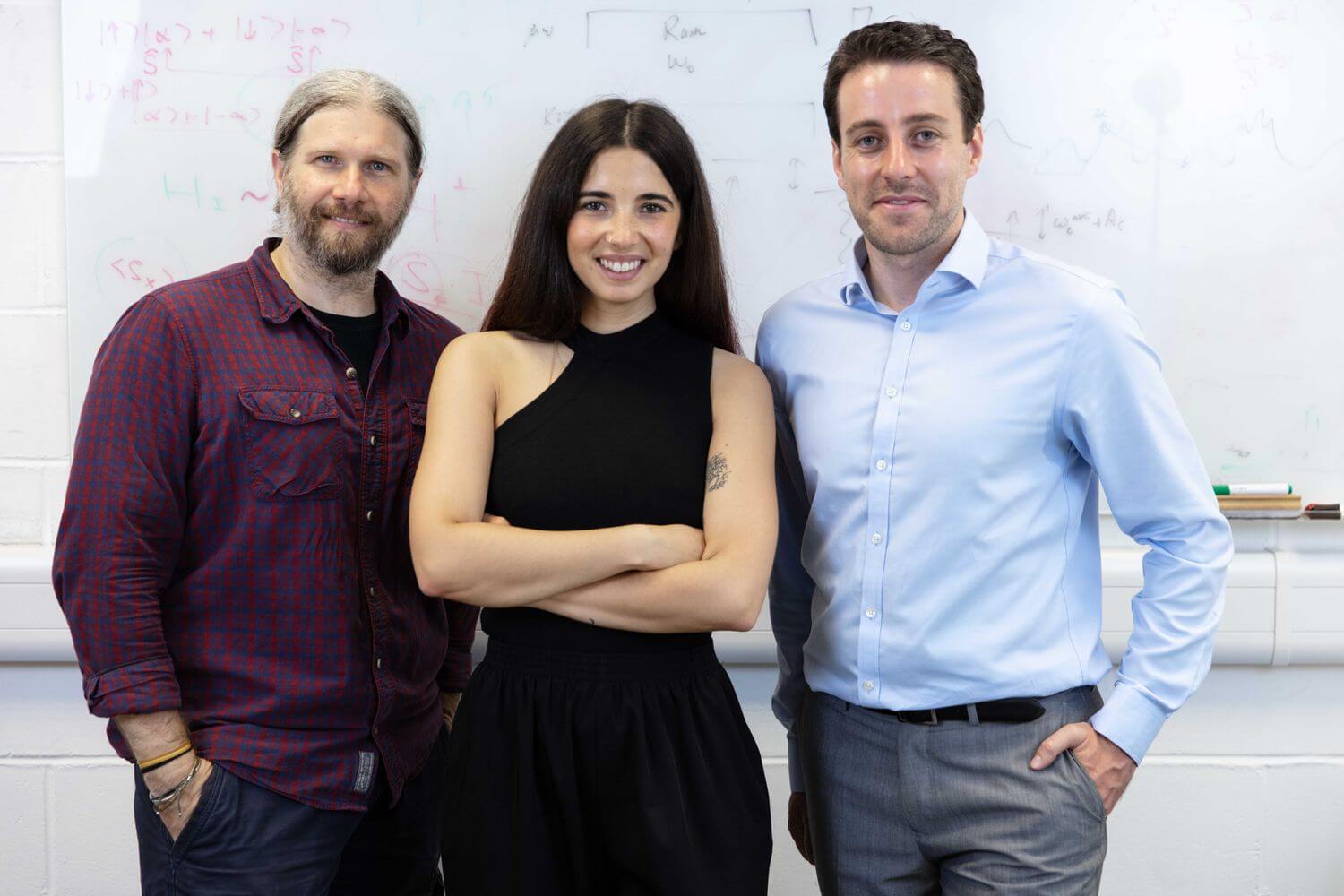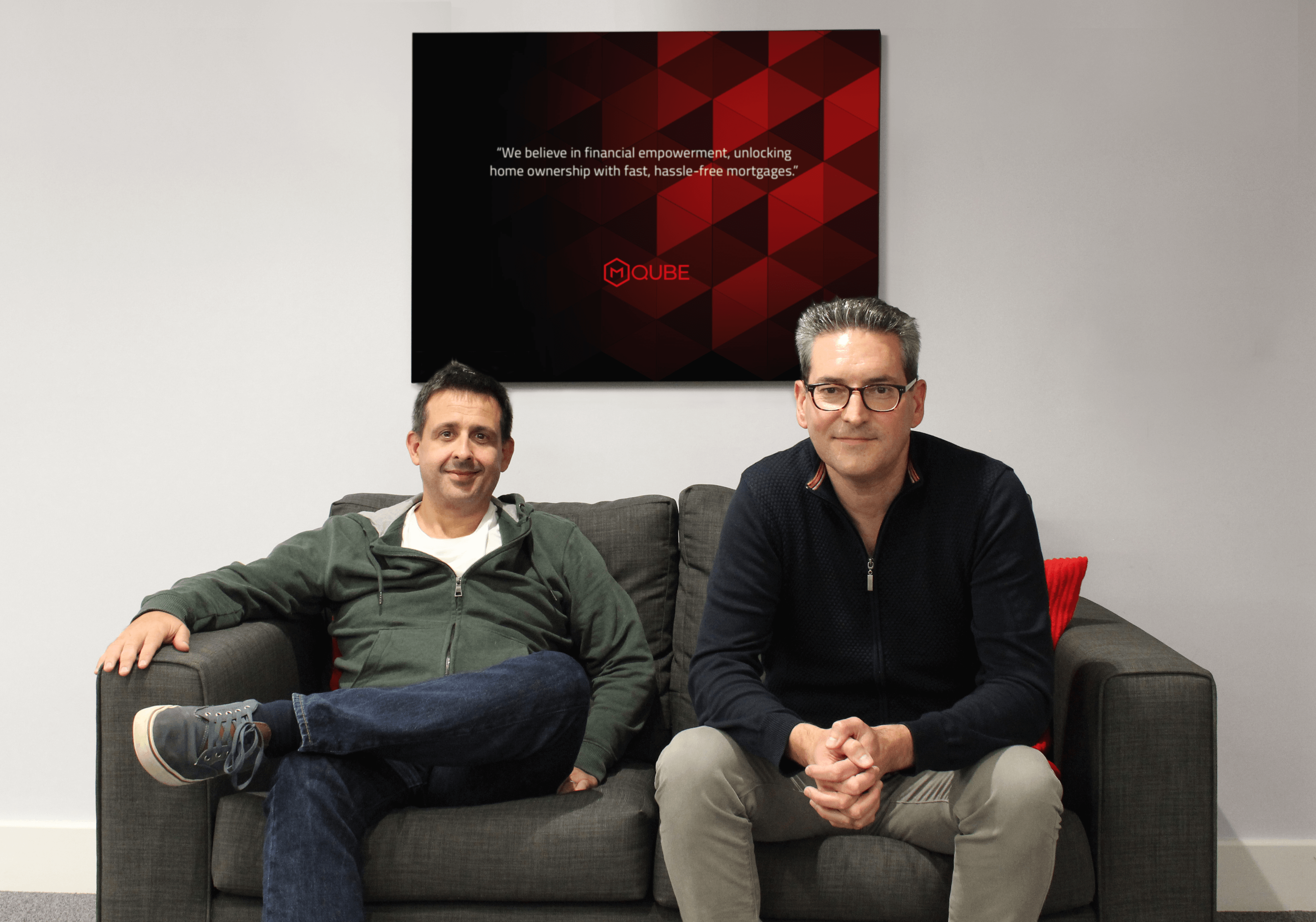At Nu Quantum, Carmen Palacios-Berraquero is aiming to harness the quantum capabilities of single particles of light to create next-level encryption
There are three kinds of light, says Carmen Palacios-Berraquero, the CEO and co-founder of Nu Quantum – a quantum photonics company based in Cambridge. Chaotic light is the stuff we encounter on a daily basis – street lamps and light bulbs. Coherent light covers things with structure, like lasers – which were first built in 1960, and have had a revolutionary impact on everything from surgery to home entertainment.
Palacios-Berraquero hopes that the third category, single-photon sources, could have an equally transformative effect. At Nu Quantum, she is working on technologies that can emit and detect single photons – the smallest possible units of light. “Photonic quantum technologies are about manipulating information – processing, communicating and securing information encoded in single particles of light,” she says. “That allows you to do different things – more powerful calculations, or better security.”
Single photons can’t be eavesdropped on or tampered with without the sender and recipient finding out. And they can be used to take advantage of quantum properties such as entanglement to enable more powerful computing and cryptography.
But building them is a really difficult technical challenge. There are only a handful of companies around the world – no more than six, says Palacios-Berraquero – that can reliably and controllably either emit or detect single photons. Nu Quantum is hoping to do both.
The company was spun out of research at Cambridge University’s Cavendish Lab. Palacios-Berraquero had studied physics as an undergraduate and been drawn to the beauty of the interactions between light and matter. During her PhD, she developed a new technique for producing single-photon emitters and adapted it to work on ultra-thin crystals of hexagonal boron nitride – a tiny defect in the crystal traps an electron, which then gives off photons.
She began the process of patenting it, and – feeling disillusioned with academia – started exploring potential commercialisation opportunities for her single-photon emitters. At around the same time, she was introduced to Matthew Applegate, another Cavendish researcher who had developed a way of detecting single photons. “What was already a solid business idea with some investment became a portfolio approach, in which I had invented a single photon source, and Matthew had invented a single-photon detector,” she says.
Nu Quantum has won £3.6m in government grants, and has just started working with BT, Airbus and other partners to test potential uses for its components. In September 2020 it closed a £2.1m seed round which will help fuel rapid growth and a move into a state of the art photonics lab in Cambridge.
The first product – set for launch in 2022 – will be a quantum random number generator, which will take advantage of the quantum nature of single photons to generate truly random numbers, based on an algorithm developed by Applegate, Nu Quantum co-founder and CTO. There are potential applications for video games, gambling, cloud security and communication – where random numbers are used to generate the keys that scramble encrypted messages. The technology could also play a role in distributing those keys – Nu Quantum is working with BT on a pilot that will generate, emit and detect quantum keys and make telecoms more secure. “We are aspiring to be much more than the sum of the parts,” says Palacios-Berraquero. “The aspiration is something much bigger.”
Originally published here.


